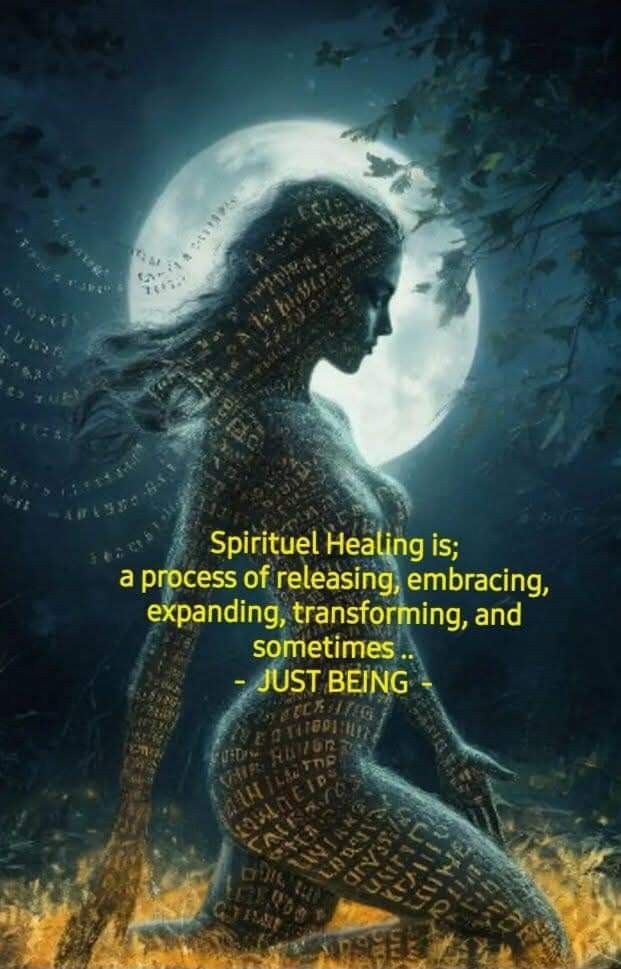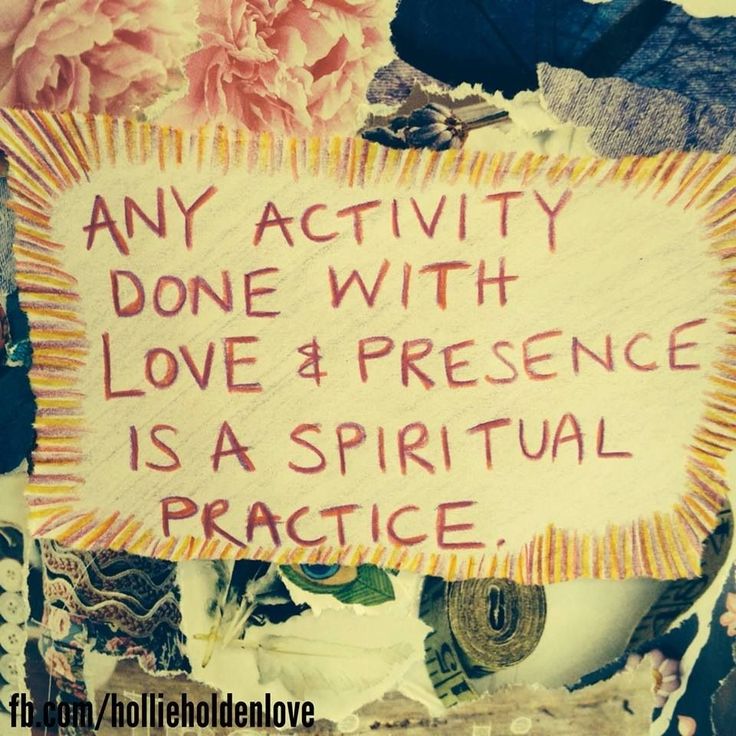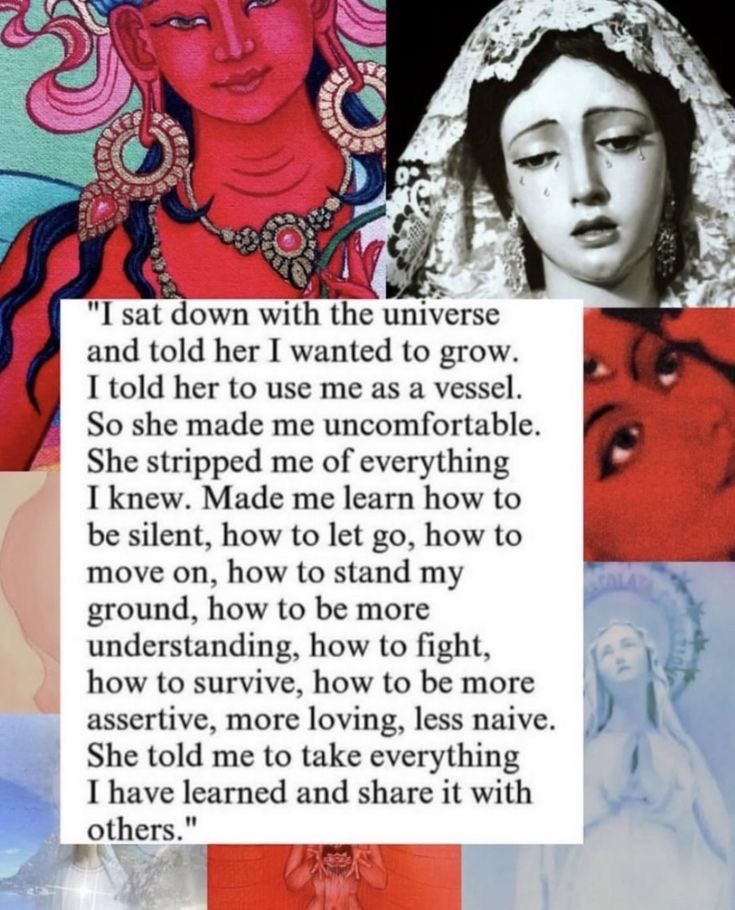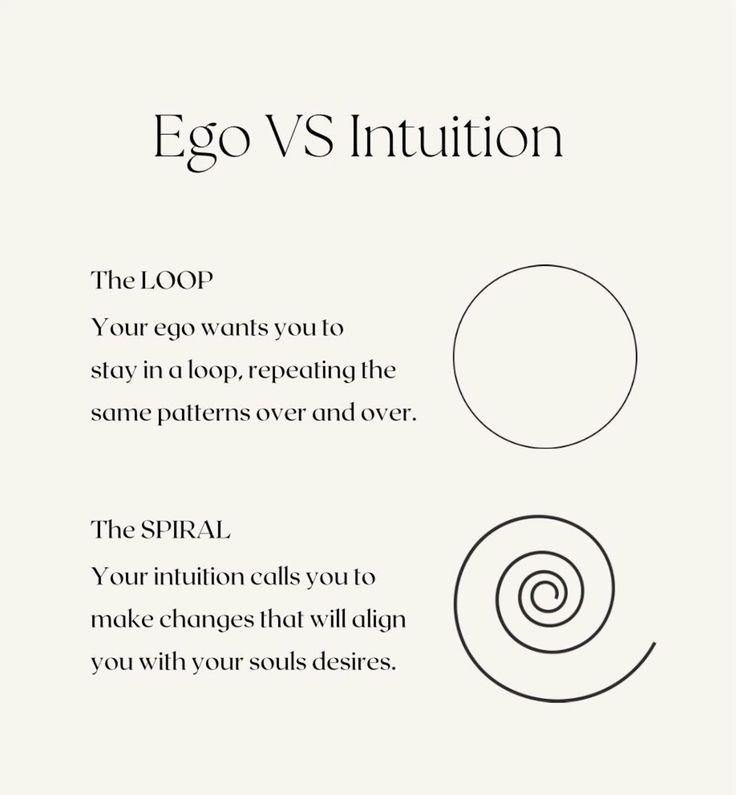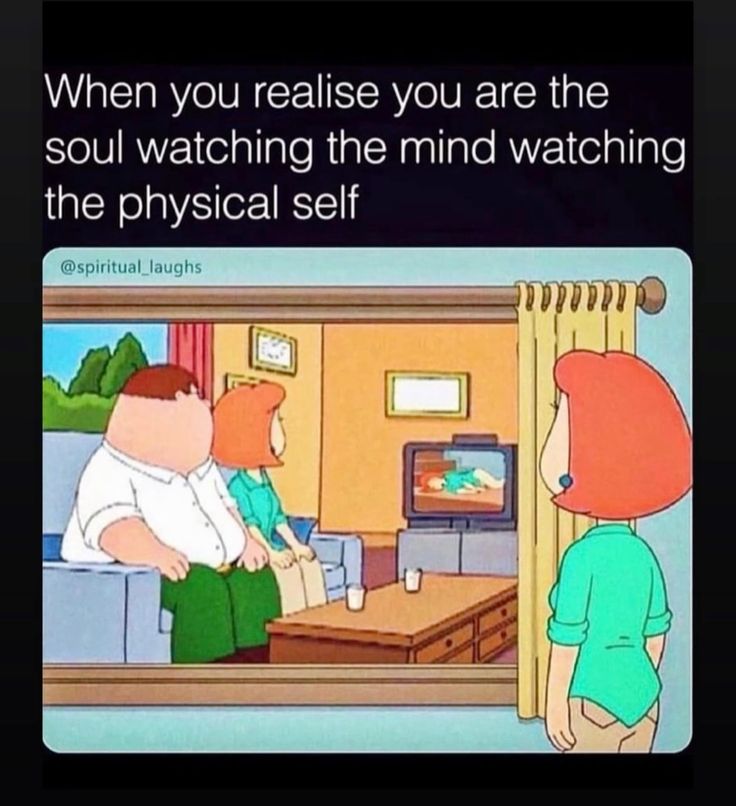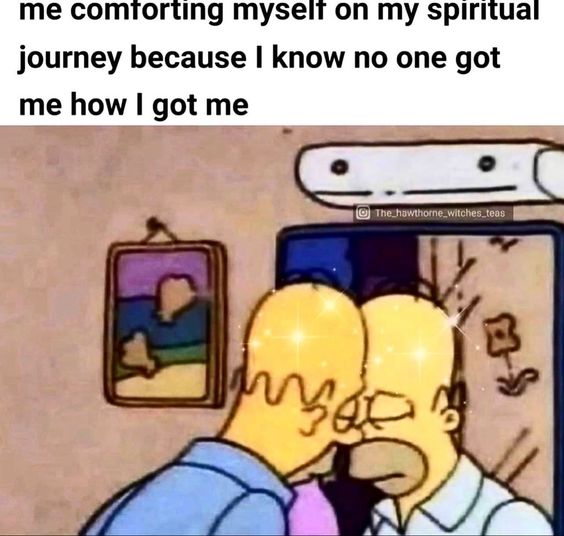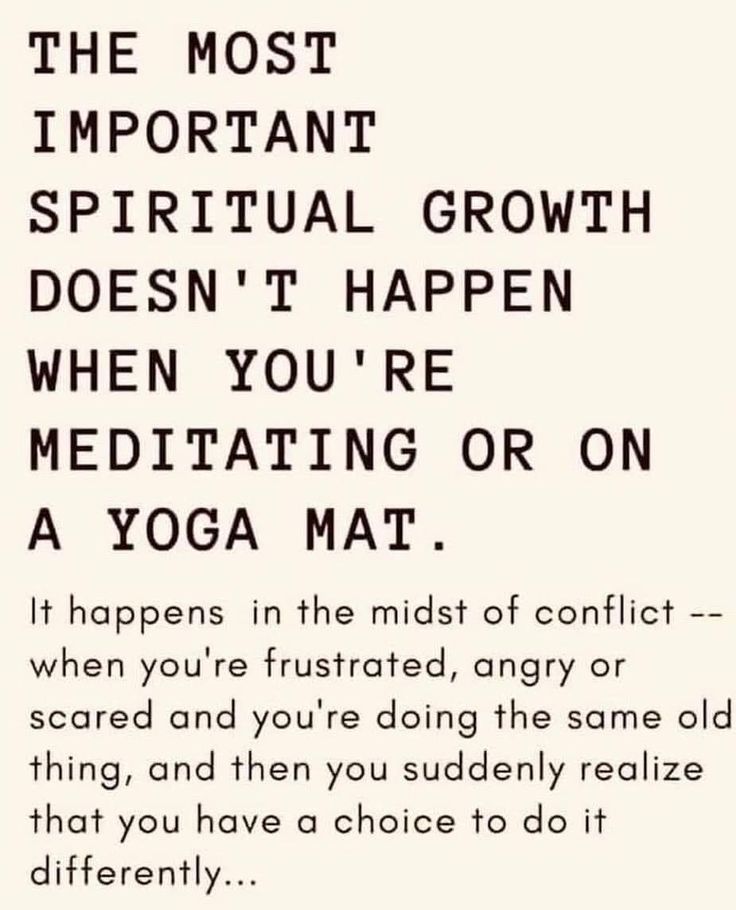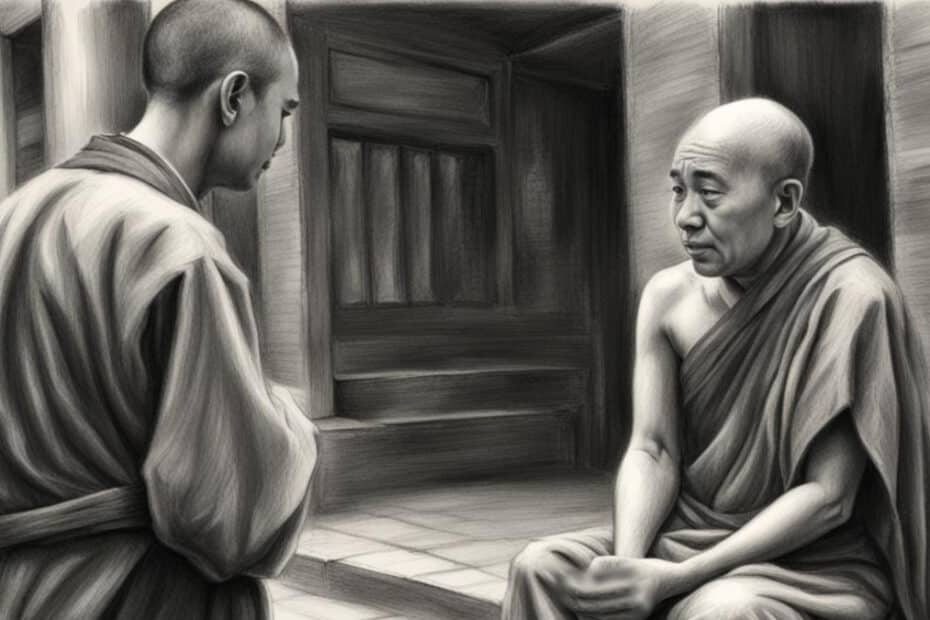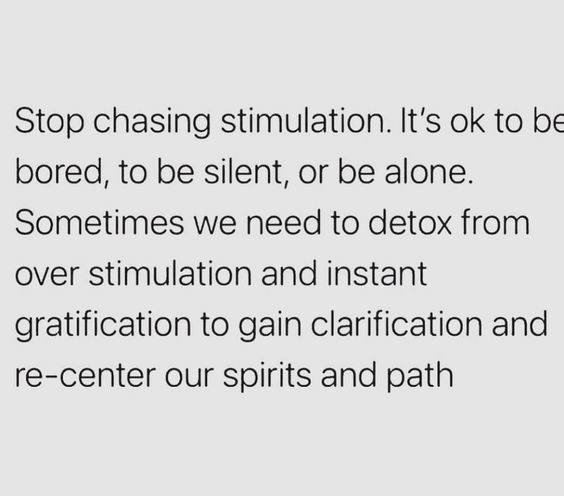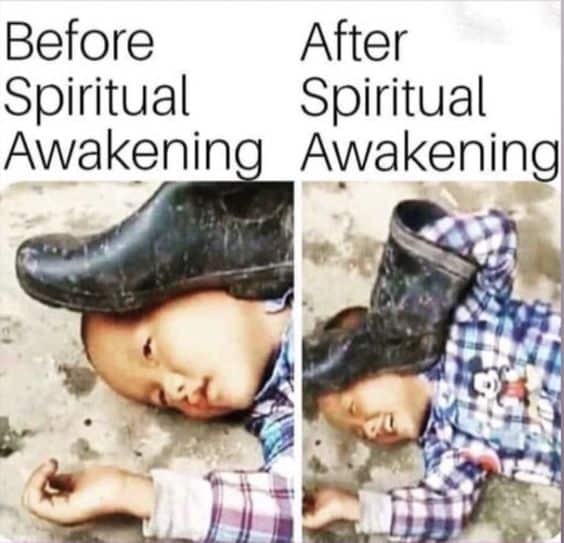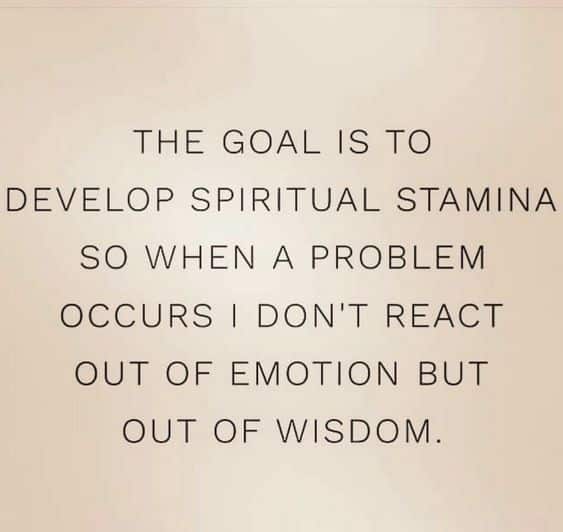Waking Up: A Guide To Spirituality Without Religion [Book]
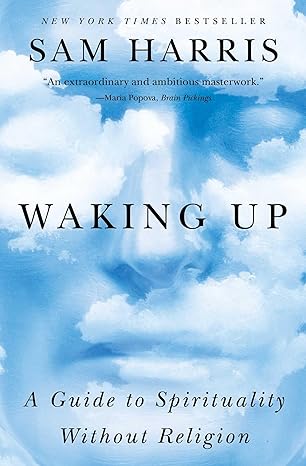
Book Overview: From multiple New York Times best-selling author, neuroscientist, and “new atheist” Sam Harris, Waking Up is for the 30 percent of Americans who follow no religion, but who suspect that Jesus, Buddha, Lao Tzu, Rumi, and the other saints and sages of history could not have all been epileptics, schizophrenics, or frauds. Throughout the book, Harris argues that there are important truths to be found in the experiences of such contemplatives – and, therefore, that there is more to understanding reality than science and secular culture generally allow. Waking Up is part seeker’s memoir and part exploration of the scientific underpinnings of spirituality. No other book marries contemplative wisdom and modern science in this way, and no author other than Sam Harris – a scientist, philosopher, and famous skeptic – could write it.
“Buddhism is one of the most beautiful approaches—but it is incomplete. Something is missing. It has no mysticism in it, no poetry, no romance; it is almost bare mathematics, a geometry of the soul but not a poetry of the soul. And unless you can dance, never be satisfied. Be silent, but use your silence as an approach toward blissfulness. Do a few dancing meditations, singing meditations, music, so at the same time, your capacity to enjoy, your capacity to be joyful also increases.”
Osho, Everyday Osho (Page 303)
“That was why he had had to go out into the world, losing himself in pleasure and power, in women and money, had had to become a merchant, a dicer, a drinker, a grasper, until the priest and the samana inside him were dead. That was why he had had to keep enduring those ugly years, enduring the disgust, the emptiness, the meaninglessness of a bleak and lost life, to the end, to bitter despair, until Siddhartha the sensualist, Siddhartha the grasper could die. He had died; a new Siddhartha had awoken from sleep. He too would grow old, he too would have to die someday—Siddhartha was ephemeral, every formation was ephemeral. But today he was young, was a child, the new Siddhartha, and was full of joy.”
Hermann Hesse, Siddhartha (Page 88)
“I have never doubted you for a moment, I have never doubted for a moment that you are the Buddha, that you have attained the goal, the highest, which so many thousands of Brahmins and sons of Brahmins are journeying to reach. You have found the deliverance from death. It came to you from your own seeking, on your own path, through thinking, through meditation, through knowledge, through illumination. It did not come through a teaching! And—this is my thought, O Sublime One—no one is granted deliverance through a teaching! You cannot, O Venerable One, impart to anyone, tell anyone in words and through teachings what happened to you in the hour of your illumination. The Teaching of the illuminated Buddha contains a great deal, it teaches many how to live righteously, avoid evil. But there is one thing that the so clear, so venerable Teaching does not contain: it does not contain the secret of what the Sublime One himself has experienced, he alone among the hundreds of thousands. That is what I thought and realized when I heard the Teaching. That is why I am resuming my wandering—not to seek a different, better teaching, for I know that there is none; but to leave all teachings and all teachers and to reach my goal alone or die.”
Hermann Hesse, Siddhartha (Page 32)
“Buddha’s Way to Salvation has often been criticized and doubted, because it is thought to be wholly grounded in cognition. True, but it’s not just intellectual cognition, not just learning and knowing, but spiritual experience that can be earned only through strict discipline in a selfless life.”
Hermann Hesse, Siddhartha (Page xxviii)
“To be loved and to love is almost spiritual breathing. The body cannot live without breath, and the spirit cannot live without love.”
Osho, Everyday Osho (Page 236)
“But you do not see, nor do you hear, and it is well.
Kahlil Gibran, The Prophet (Page 87)
The veil that clouds your eyes shall be lifted by the hands that wove it,
And the clay that fills your ears shall be pierced by those fingers that kneaded it. And you shall see.
And you shall hear.
Yet you shall not deplore having known blindness, nor regret having been deaf.
For in that day you shall know the hidden purposes in all things,
And you shall bless darkness as you would bless light.”
If You Meet Buddha On The Road, Kill Him! [Book]
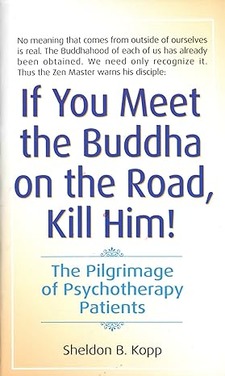
Book Overview: A fresh, realistic approach to altering one’s destiny and accepting the responsibility that grows with freedom. No meaning that comes from outside of ourselves is real. The Buddahood of each of us has already been obtained. We only need to recognize it. “The most important things that each man must learn no one can teach him. Once he accepts this disappointment, he will be able to stop depending on the therapist, the guru who turns out to be just another struggling human being.” Using the myth of Gilgamesh, Siddhartha, The Wife of Bath, Don Quizote . . . the works of Buber, Ginsberg, Shakespeare, Karka, Nin, Dante and Jung . . . a brilliant psychotherapist, guru and pilgrim shares the epic tales and intimate revelations that help to shape Everyman’s journey through life.
Short Story of A Dejected Young Man Who Seeks Enlightenment Minus the Meditation and Fasting
Excerpt: “Can I find enlightenment without all that meditation and fasting?” the young man asks. “Perhaps,” says the master… “But you will need…”
Read More »Short Story of A Dejected Young Man Who Seeks Enlightenment Minus the Meditation and Fasting
“If we don’t go to the spirit, the spirit comes to us as neurosis.”
Robert A. Johnson, Inner Work (Page 10)
